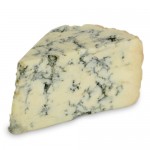 I received an interesting inquiry the other day. A woman with a known allergy to penicillin had an allergic reaction (rash and swelling) after eating a product made with real blue cheese. She wondered if blue cheese contains penicillin since it contains mold, which led me to do a bit of research.
I received an interesting inquiry the other day. A woman with a known allergy to penicillin had an allergic reaction (rash and swelling) after eating a product made with real blue cheese. She wondered if blue cheese contains penicillin since it contains mold, which led me to do a bit of research.
Blue or bleu cheese has the mold Penicillium added to it, so that the final product is spotted or veined throughout with blue, blue-gray, or blue-green mold. Some blue cheeses are injected with spores before the curds form and others have spores mixed in with the curds after they form. Examples of blue cheeses are Roquefort, Gorgonzola, and Blue Stilton, or they may simply be called blue cheese. I note as well that Penicillium camemberti is used to make Brie and Camembert cheeses.
Source: http://en.wikipedia.org/wiki/Blue_cheese
Up to 27 million people in North America are allergic to penicillin medication, which is responsible for about 5,440 cases of fatal anaphylaxis per year.** It seems that those who react to blue cheese are allergic to penicillium mold or highly reactive to penicillin. I have heard of people allergic to the mold and not the medication, and of people allergic to the medication and not the mold.
If you’re penicillin allergic or have any other reason to feel concerned, please proceed with caution if you eat blue cheese: Ask your allergist to test you for reaction to penicllium mold. It’s possible that you’re not only allergic to the medication, but that you’re allergic to penicillium mold too, in which case eating blue cheese may cause you to have an allergic reaction.
UPDATE 11 February 2013: Several days ago, I received this message from a reader, which is important information to share: “I have just read your report on the above having just left the A & E department because my wife, who is allergic to penicillin medication, had an allergic reaction after eating Brie and Stilton after a meal last night. The reaction was identical to that she had suffered after a course of penicillin antibiotics. Having read other articles, many people are advising there is no link between the two, and that you can eat any cheese whenever you like. That certainly was not the case with my wife. Yours sincerely, Martin D.” Martin wrote back to me one week later to advise: “My wife had her steroid dosage increased on Monday, and she finally lost the hives all over her body by Friday, yesterday.”
* If you found this post helpful, I would love for you to use the “Sharing Is Caring” bar (below) to share this post via Facebook or Twitter. If you’re reading this as an e-mail message, you need to jump over to my blog first by clicking here.
** Bochner BS, Lichtenstein LM. Anaphylaxis. N Engl J Med. 1991;324:1785.
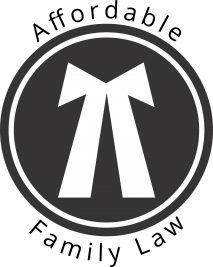
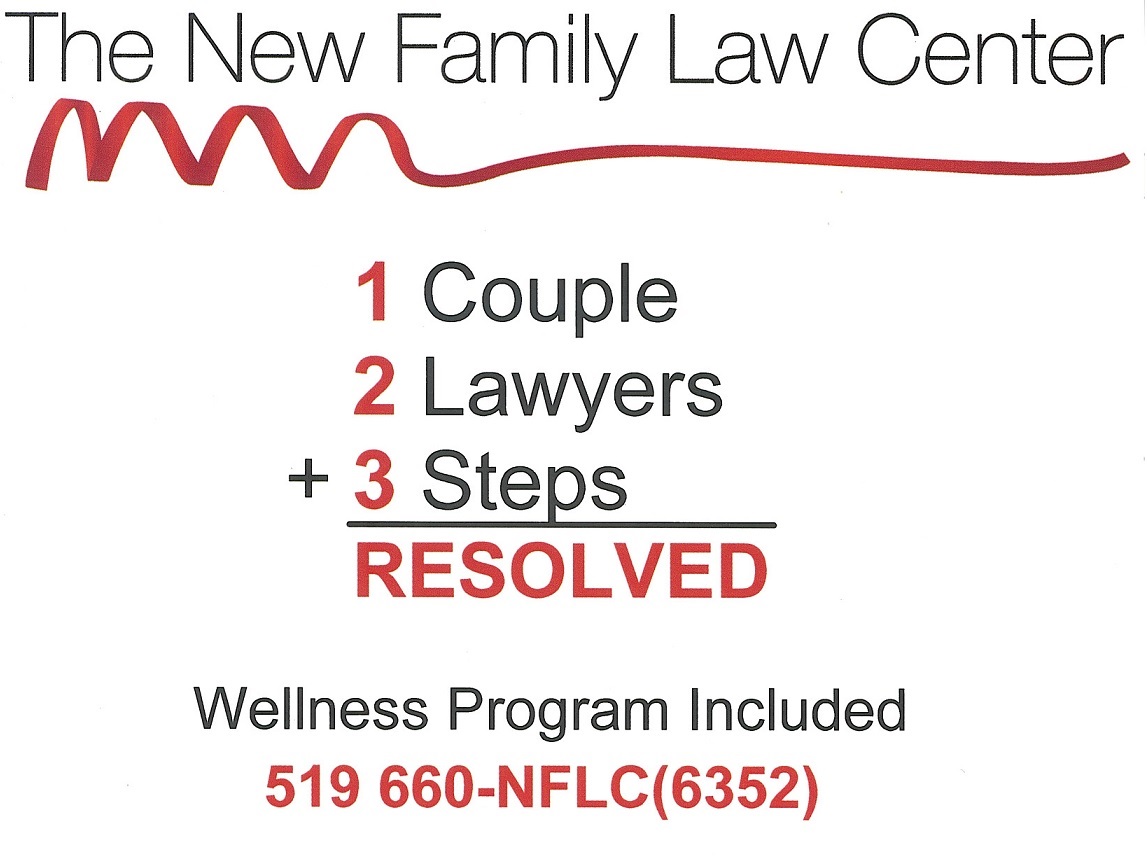


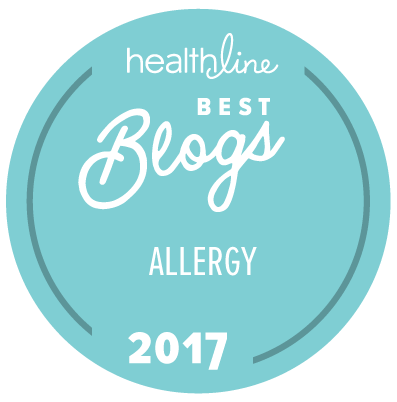
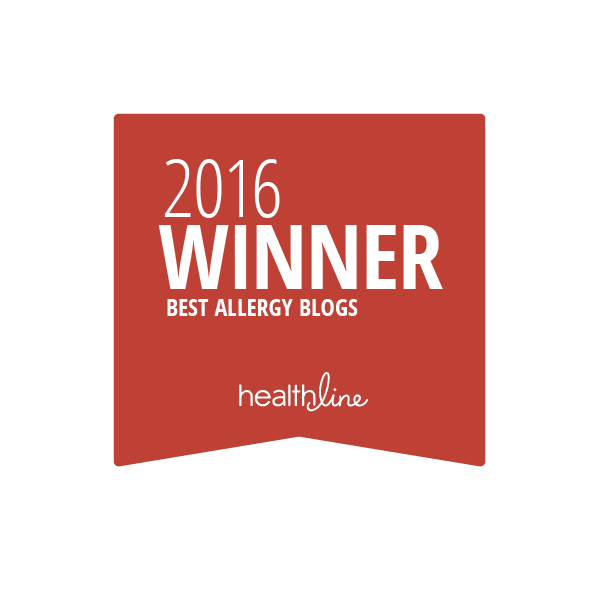
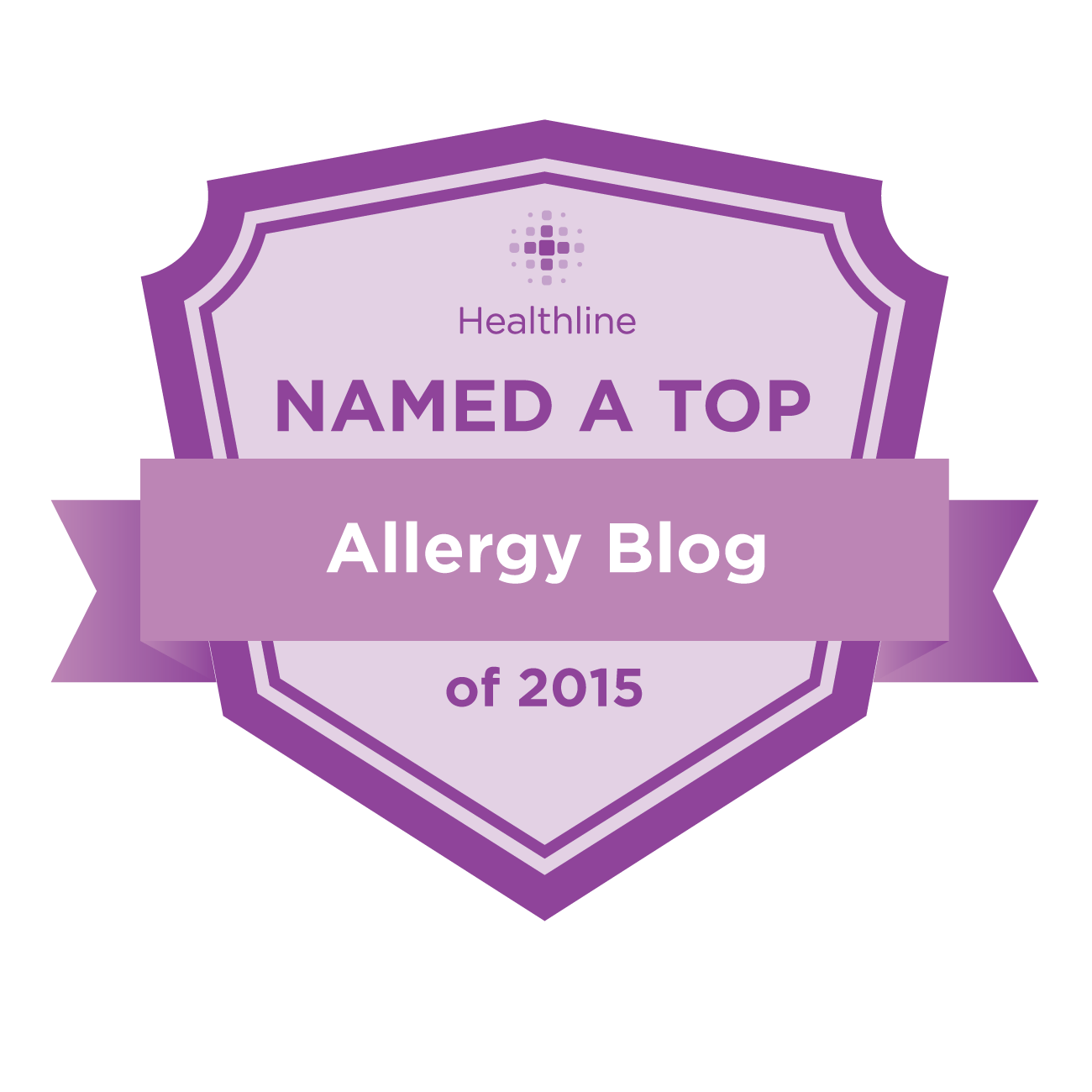
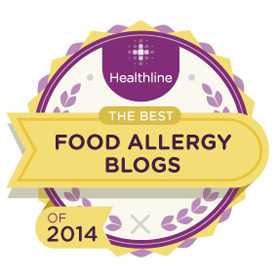

Just read your two posts on the subject. I can tell you, as the
allergic individual, that the link between the two is real ! After a
trial of antihistamines failed to curb my rash and itch, following ONE blue cheese straw, the ER added good old steroids…Boy,it was real scary when my mouth and face started to swell on day 2 !! No doctor ever told me to avoid blue cheese and so over the years ,I’ve probably had multiple exposures until this reall big reaction occurred. Just left my check-up, and my primary-care doc says my hubby can’t eat it either:he might kiss me and cause a reaction !And she did order an epi-pen for me to take on a long trip next year…peace.
WOW I never thought of this! I had a terrible reaction to penicillin in college (almost every member of my side of the family has) but when I was tested a few years ago (well over a decade later) our allergist said I wasn’t allergic to it. However I’ve had reaction to other antibiotics so I avoid it at all costs.
I’ve never had a reaction to any of those cheeses so now I wonder! Thanks for the great article!